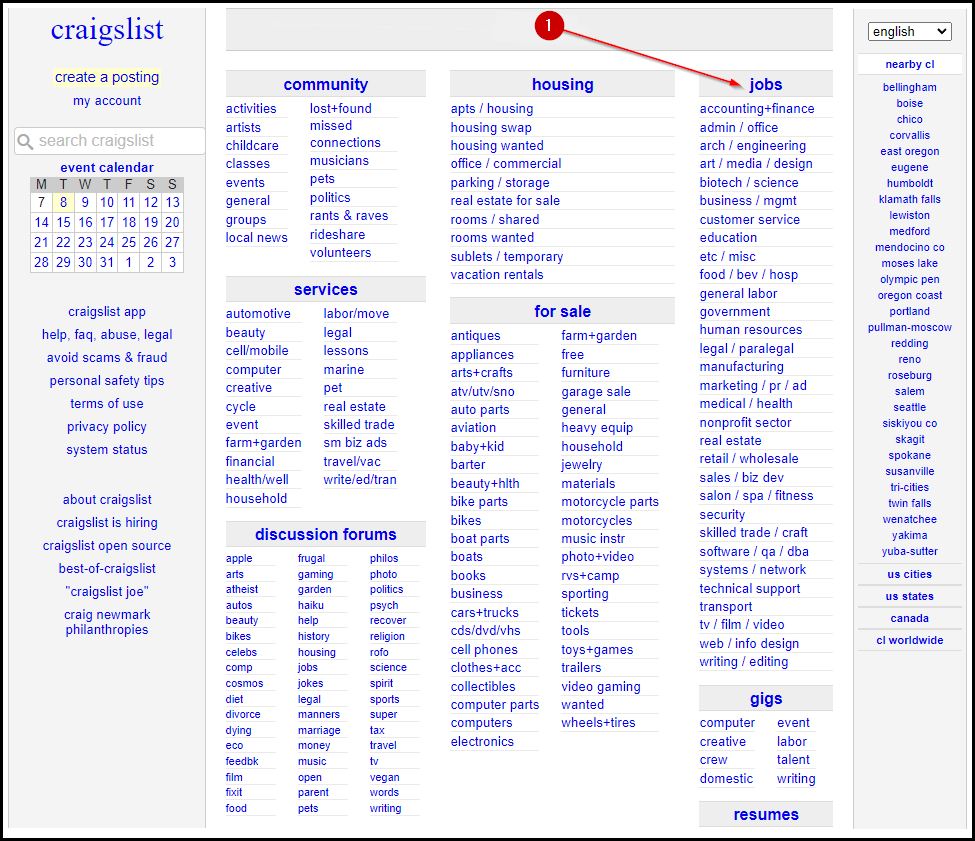The phrase "is this the strangest Corpus Christi Craigslist listing ever" transcends its immediate subject matter to present a fascinating linguistic puzzle. Frequently encountered in online discourse as a headline, a query, or a rhetorical device, this interrogative statement offers a rich field for grammatical analysis. Its structure, word choices, and overall function reveal how simple components combine to form a compelling inquiry designed to captivate attention and invite engagement, making the precise determination of its constituent parts of speech a crucial exercise.
Editor's Note: Published on 17 May 2024. This article explores the facts and social context surrounding "is this the strangest corpus christi craigslist listing ever", specifically focusing on its linguistic and grammatical properties as a complete phrase rather than the content of any specific listing.
The Anatomy of an Inquiry
At its core, "is this the strangest Corpus Christi Craigslist listing ever" functions as a complete interrogative sentence. Its fundamental purpose is to pose a question, prompting the audience to consider the extremity of a particular online advertisement. The sentence initiates with the verb "is," which, in this context, acts as a linking verb, connecting the subject "this" to the predicate nominative "the strangest Corpus Christi Craigslist listing ever." This inversion of the typical subject-verb order is characteristic of many English questions, signaling to the reader that an inquiry is being made. The word "this" serves as a demonstrative pronoun, directly referring to an implied or preceding piece of content the actual Craigslist listing itself. Without "is" at the beginning, the phrase would merely be a declarative statement or a noun phrase, lacking the immediate call for evaluation that the full question provides.
"The power of such a phrase lies not just in the words themselves, but in their arrangement. An initial auxiliary verb immediately signals an open-ended question, inviting the audience to participate in the judgment," observes Dr. Eleanor Vance, a linguist specializing in digital communication. "It's a linguistic invitation to a shared experience."
Deconstructing Key Lexical Units
A granular examination of each significant word within the phrase illuminates its grammatical architecture. The word "the" is a definite article, specifying a particular, albeit contextually implied, listing. Following this, "strangest" is a superlative adjective, derived from "strange." This word is pivotal, as it establishes the extreme degree of the characteristic being questioned, framing the entire inquiry around an ultimate comparison. The phrase "Corpus Christi" functions as a proper noun, yet in this context, it modifies "Craigslist listing," thereby acting adjectivally to specify the geographical and platform origins. Similarly, "Craigslist" is another proper noun, but here it acts as an adjective, describing the type of "listing" in question. "Listing" itself is the core noun, representing the object of the inquiry. Finally, "ever" functions as an adverb, intensifying the superlative "strangest" and extending the scope of the comparison to encompass all time or all previous observations.
The phrase "is this the strangest Corpus Christi Craigslist listing ever" is a complete interrogative sentence, despite its informal online context.
Its primary communicative function is to serve as a rhetorical question, designed to immediately pique curiosity and invite a subjective judgment from the audience.
The strategic use of a superlative adjective ("strangest") combined with specific identifiers ("Corpus Christi," "Craigslist") creates a highly targeted and engaging query.

